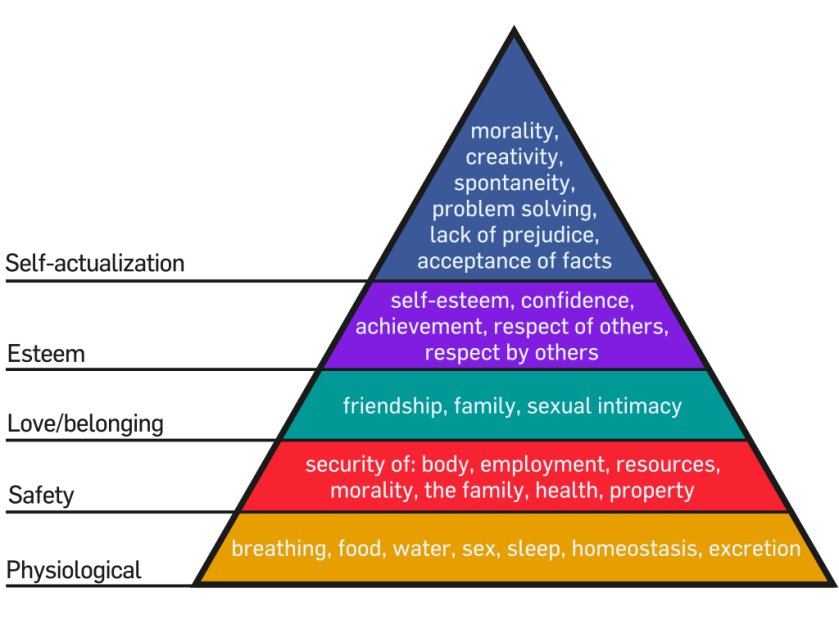
The Paradox of Pointlessness: Embracing the Void of Non-Opinion
 In a world teeming with perspectives, ideologies, and convictions, there lies an unexplored path to enlightenment: the deliberate abandonment of opinion itself. This philosophical stance, rooted in the concept of non-attachment, suggests that true enlightenment may be found not in the accumulation of viewpoints but in their complete dissolution.
In a world teeming with perspectives, ideologies, and convictions, there lies an unexplored path to enlightenment: the deliberate abandonment of opinion itself. This philosophical stance, rooted in the concept of non-attachment, suggests that true enlightenment may be found not in the accumulation of viewpoints but in their complete dissolution.
The Illusion of Perspective
Our opinions and points of view often serve as lenses through which we interpret the world. However, these lenses can distort our perception of reality, creating biases and limitations in our understanding. By clinging to specific viewpoints, we inadvertently close ourselves off to the vast spectrum of possibilities that exist beyond our preconceived notions.
The Freedom of Non-Opinion
Embracing a life without fixed opinions offers a unique form of liberation. It allows for a fluid, adaptable approach to existence, unburdened by the need to defend or justify one’s stance. This flexibility enables a more open and receptive mindset, fostering genuine curiosity and unbiased observation of the world around us.
Enlightenment Through Emptiness
The concept of enlightenment as a state devoid of opinion aligns with various Eastern philosophical traditions. In Buddhism, for instance, the notion of “emptiness” or “śūnyatā” emphasizes the importance of releasing attachment to fixed ideas and concepts. This state of non-attachment is seen as a path to true understanding and liberation from suffering.
Challenges and Misconceptions
It’s crucial to note that living without opinion does not equate to apathy or ignorance. Rather, it involves a constant state of inquiry and openness to all possibilities. This approach can be challenging in a society that often demands clear-cut stances and unwavering beliefs.
Practical Applications
Implementing this philosophy in daily life requires a conscious effort to suspend judgment and remain open to multiple perspectives. It involves:
– Active listening without the need to formulate immediate responses
– Embracing uncertainty and ambiguity
– Cultivating a sense of wonder and curiosity about differing viewpoints
The Paradox of Non-Opinion

Ironically, the very act of advocating for a life without opinion could be seen as an opinion in itself. This paradox highlights the complexity of human thought and the challenges inherent in truly transcending our ingrained patterns of thinking.
My thoughts: pursuing enlightenment through the abandonment of opinion offers a radical alternative to conventional wisdom. By releasing our grip on fixed viewpoints, we may find ourselves more attuned to the ever-changing nature of reality, ultimately leading to a deeper, more nuanced understanding of ourselves and the world around us.


Be the first to comment